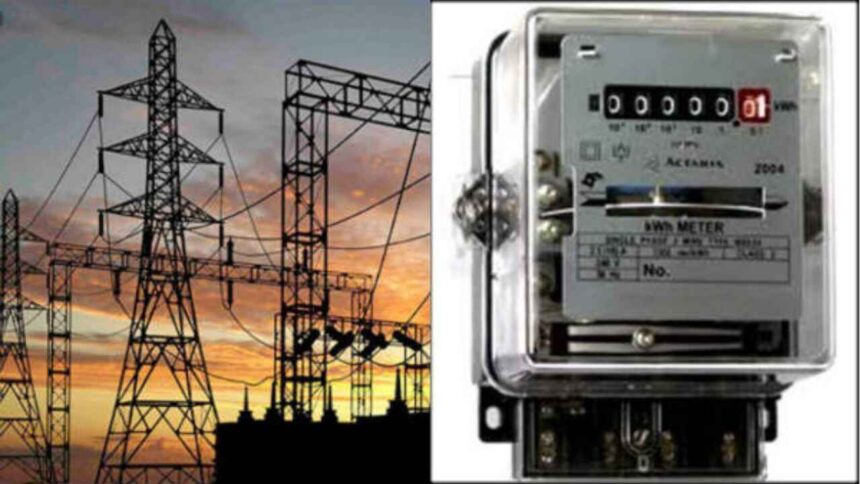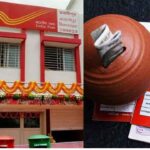There is severe heat in many states of the country. In such a situation, people’s support is devices like AC, cooler, which are trying to provide cool air in the houses. There is a lot of demand for electricity in the country at this time. Due to this, the heat is also increasing.
Electricity Bill Relief: To avoid the heat, people are using AC, cooler a lot. Due to this, the electricity bill is also increasing a lot because ACs are running 24 hours. In such a situation, there is a state where the government has given a lot of relief to the people with its decision and the cost of their electricity bill can be reduced to some extent.
Haryana government took the decision
Let us tell you that Haryana CM Naib Singh Saini has announced that the minimum monthly income for domestic electricity consumers has been abolished and now the electricity bill will be made only on the basis of the units consumed.
In an official statement, the CM has said that after this decision, the people of Haryana will get the bill only for the electricity consumed. According to the statement, after this announcement, the people of Haryana will receive the bill only on the basis of the electricity consumed. This will provide a lot of relief to the consumers.
Consumers will get subsidy
The CM said that this announcement was made while launching the extra subsidy scheme in Ambala under the PM Surya Ghar Free Electricity Scheme. Under this scheme, the central government will also give a subsidy of Rs 60,000 to poor families for installing solar units on the roof. This subsidy will be given only to those people whose annual income is less than Rs 1.80 lakh.
Poor families will not have to spend
The CM also said that if someone is from a poor family, they will get a subsidy of Rs 50,000. In this way, poor families will not have to pay any amount from their side to install solar power on the roof. Each unit costs around Rs 1.10 lakh. Those with an annual investment of less than Rs 2 lakh and for three years will get a subsidy of Rs 60,000. Apart from this, a subsidy of Rs 20,000 will be given.














